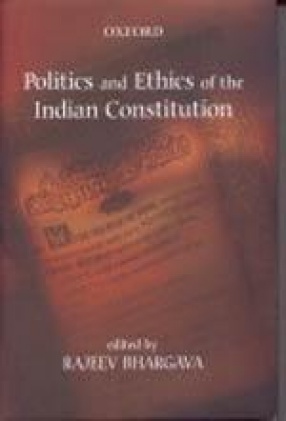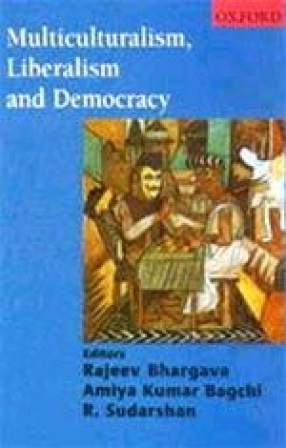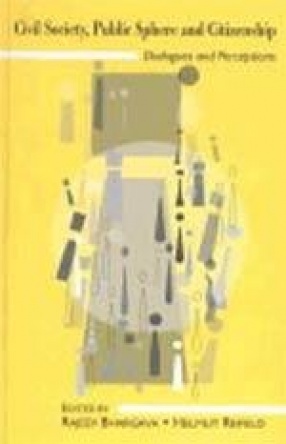Politics and Ethics of the Indian Constitution
Much of the germinal work on the Indian Constitution has been done by legal experts and historians. The distinctiveness of this collection of essays is its focus on the Indian Constitution from the perspective of political theory. Contributors to this volume view the constitution either as a political or as an ethical document, reflecting configurations of power and interests or articulating a moral vision. Critically analysing the various aspects of the Constitution, the essays discuss equality, freedom, citizenship, minority rights, democracy, rights, property and welfare. It also asks questions like: Does the Constitution recognize all moral rights possessed by citizens? Are these rights only against the state or also against fellow citizens? Is the section on duties consistent with the section on fundamental rights? Does the constitution support liberty, equality and fraternity in equal measure? If so, how does it balance them? Is the constitution a framework for balancing liberty against power? Does the constitution embody one ethical perspective or several competing moral visions? How, if at all, are these visions reconciled? Together, the essays offer a balanced view on the potential, achievement, and limitations of the Indian Constitution. They emphasize the need to examine whether a disjunction exists between constitutional ideals and political practice. An important objective of this work is to resuscitate political theory in India, to evolve a form of political theory that is suitable in the Indian context, and to simultaneously open up Western political theory as it exists today. This volume will be useful to scholars and advanced students of political theory, moral philosophy, law, politics and history.
Get it now and save 10%
BECOME A MEMBER










Bibliographic information